Eating healthy doesn’t have to be complicated, especially when you know which foods pack the biggest nutritional punch. Some everyday ingredients are so loaded with essential vitamins, minerals, and antioxidants that they can completely transform your health over time. Curious to know which ones truly stand out? Experts have ranked the most nutrient-rich foods you should be reaching for daily — and the winner might just catch you off guard. From nutrition powerhouses you expect to a few surprising champions, this list will make it easier (and tastier) to fuel your body right every single day.
10. Sweet Potatoes
Few foods are as comforting and nutrient-dense as sweet potatoes. Packed with beta-carotene (which the body converts into vitamin A), sweet potatoes support healthy vision, immune defense, and skin health. They also offer vitamin C, potassium, fiber, and complex carbohydrates that provide sustained energy without blood sugar spikes. Their natural sweetness pairs beautifully with both savory and sweet dishes — think roasted, mashed, or even blended into smoothies and baked goods. Thanks to their robust nutritional profile and versatility, sweet potatoes easily earn a spot as one of the top foods to enjoy regularly.
9. Berries (Blueberries, Strawberries, Raspberries)
Sweet, colorful, and bursting with benefits, berries are one of the best ways to boost your antioxidant intake. Blueberries, strawberries, raspberries, and blackberries are rich in vitamin C, fiber, and powerful plant compounds like anthocyanins. These nutrients support heart health, brain function, and even skin vitality.
Berries are naturally low in calories and sugar compared to other fruits, making them an ideal daily snack or breakfast addition. Enjoy them fresh, frozen, or blended into smoothies for a delicious and nutrient-rich treat that feels like an indulgence while nourishing your body from the inside out.
8. Legumes (Lentils, Chickpeas)
Plant-based eaters and omnivores alike benefit from incorporating more legumes into their diets. Lentils, chickpeas, black beans, and peas are nutritional powerhouses rich in plant protein, iron, folate, potassium, and fiber. Their high fiber content supports gut health, lowers cholesterol, and helps stabilize blood sugar levels after meals. Affordable and versatile, legumes can bulk up soups, stews, salads, and grain bowls. They’re also environmentally friendly, promoting sustainable farming practices. Regularly eating legumes has been associated with longer life spans and reduced risk of chronic diseases, making them a smart staple for anyone focused on better health.
7. Nuts and Seeds (Almonds, Chia Seeds, Flaxseeds)
Snack smarter by reaching for nuts and seeds, nature’s tiny nutritional bombs. Almonds, chia seeds, walnuts, and flaxseeds are packed with healthy fats, protein, fiber, magnesium, and antioxidants. They help regulate blood sugar levels, promote heart health, and keep you feeling full between meals.
Even a small handful delivers a powerful combination of nutrients and energy. Thanks to their versatility, nuts and seeds can be sprinkled on oatmeal, blended into smoothies, tossed onto salads, or enjoyed straight from the bag. Just be mindful of portion sizes, as their dense calorie content can add up quickly.
6. Shellfish (Oysters, Clams)
Not only are oysters and clams delicious, they’re among the most nutrient-packed seafood options available. Shellfish provide an astonishing amount of zinc, which is vital for immune health, wound healing, and DNA synthesis. They’re also rich in iron, vitamin B12, selenium, and omega-3s — nutrients that many people unknowingly lack.
Surprisingly low in calories but high in quality protein, shellfish offer big benefits without weighing you down. Whether enjoyed raw, grilled, or sautéed, adding a few servings of shellfish each month can boost your nutrient intake dramatically. They’re a true oceanic treasure for your health.
5. Seaweed
Far more than a sushi sidekick, seaweed is a true nutritional powerhouse. Bursting with iodine, it plays a critical role in regulating thyroid function and hormone production. Seaweed varieties like nori, wakame, and kelp also deliver impressive amounts of magnesium, calcium, iron, and antioxidants. Its unique polysaccharides have even been linked to improved gut health. Low in calories but loaded with flavor and minerals, seaweed can be sprinkled onto salads, blended into smoothies, or snacked on straight from the bag. Adding even a small amount to your weekly routine can help close major nutritional gaps.
4. Eggs
If you’re searching for a near-perfect protein source, look no further than eggs. Each egg offers a complete range of essential amino acids your body needs for muscle repair, hormone production, and overall vitality. Beyond protein, eggs are rich in brain-boosting choline, eye-protecting lutein and zeaxanthin, and important B vitamins. Contrary to outdated myths, moderate egg consumption supports heart health for most people. Affordable, versatile, and endlessly customizable, eggs fit easily into any meal — think scrambled, poached, hard-boiled, or baked into frittatas. They’re a nutrient-dense staple that punches far above their calorie count.
3. Fatty Fish (Salmon, Sardines)
Few foods deliver heart-healthy benefits like fatty fish. Salmon and sardines are rich in omega-3 fatty acids, which support cardiovascular health, brain function, and mood stability. They also provide high-quality protein, vitamin D, and B vitamins, making them an all-around nutritional powerhouse.
Fatty fish have been linked to lower inflammation levels and a reduced risk of chronic diseases like heart disease and Alzheimer’s. Plus, they’re delicious and easy to prepare — grill them, bake them, or add them to hearty salads. Eating just two servings a week can have a significant impact on long-term health outcomes.
2. Leafy Greens (Kale, Spinach, Swiss Chard)
When it comes to boosting your daily nutrient intake, leafy greens are a must. Kale, spinach, and Swiss chard are loaded with vitamin K for bone strength, vitamin C for immune support, and fiber for digestive health. Their antioxidant content helps reduce inflammation and oxidative stress, protecting your cells from damage. Best of all, leafy greens are incredibly versatile — toss them into smoothies, sauté them with garlic, or enjoy them fresh in salads. They’re low in calories but sky-high in nutrients, making them ideal for weight management, heart health, and longevity. A handful a day keeps you thriving.
1. Liver (Especially Beef Liver)
Often called “nature’s multivitamin,” beef liver delivers a stunning range of essential nutrients in a single serving. It’s one of the richest sources of vitamin A, crucial for vision and immune function, and brims with B vitamins like B12 for energy production. Liver is also packed with highly absorbable iron, zinc, copper, and choline, making it a full-body health booster.
Despite its strong flavor, small portions go a long way toward meeting daily nutrition goals. Many experts recommend eating liver once a week to capitalize on its incredible benefits without overloading on vitamin A. It’s truly a superfood classic.
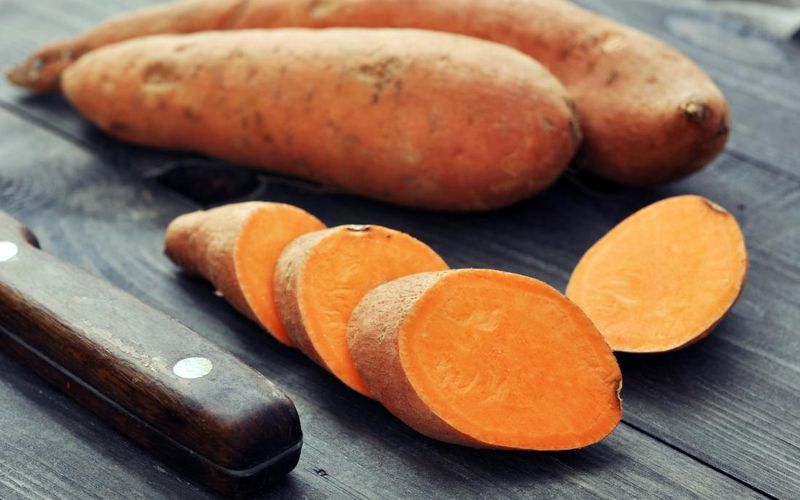
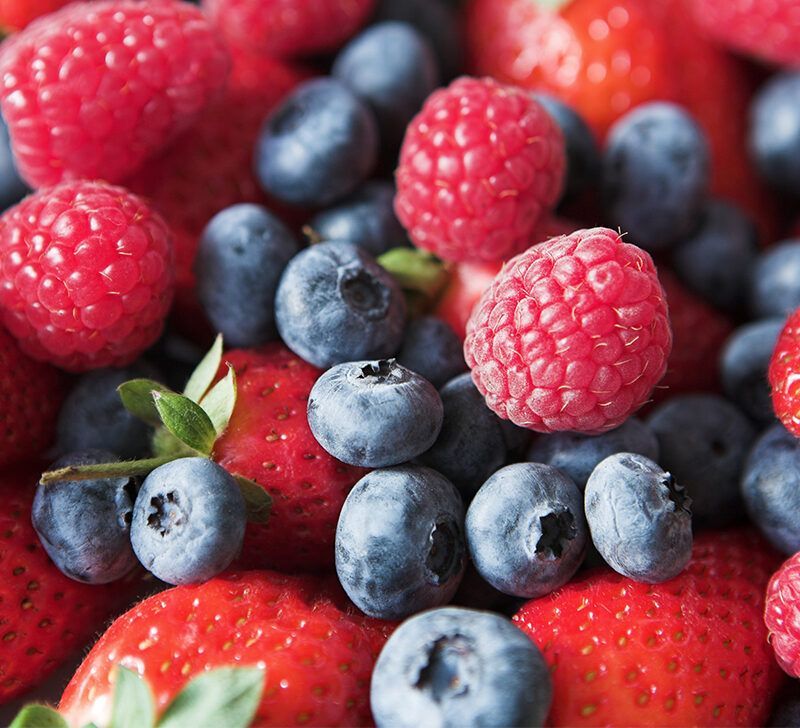
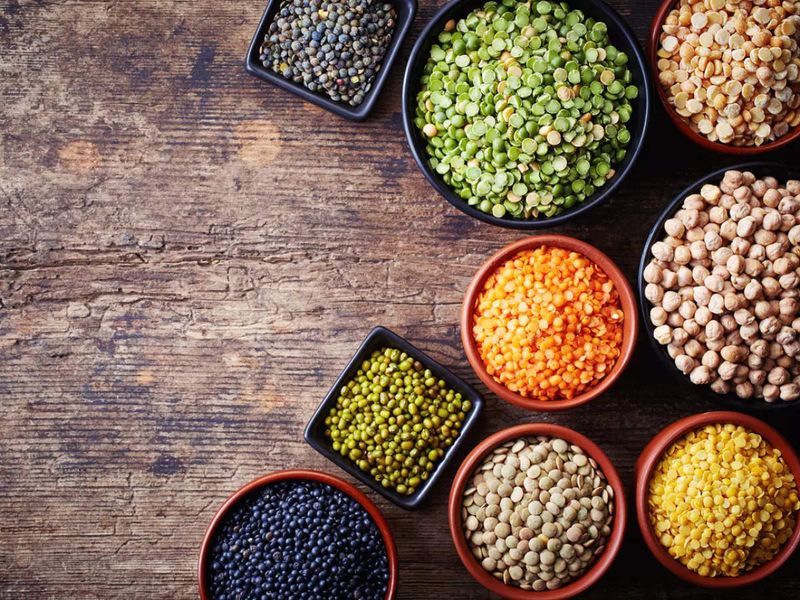
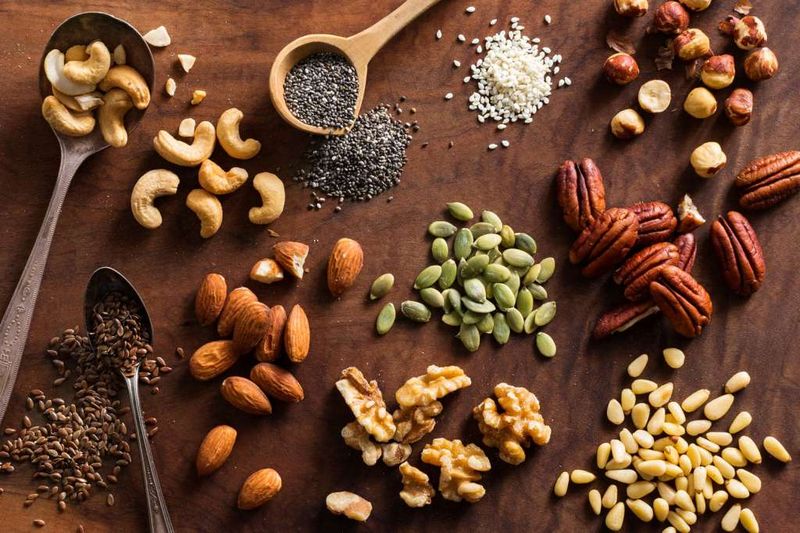
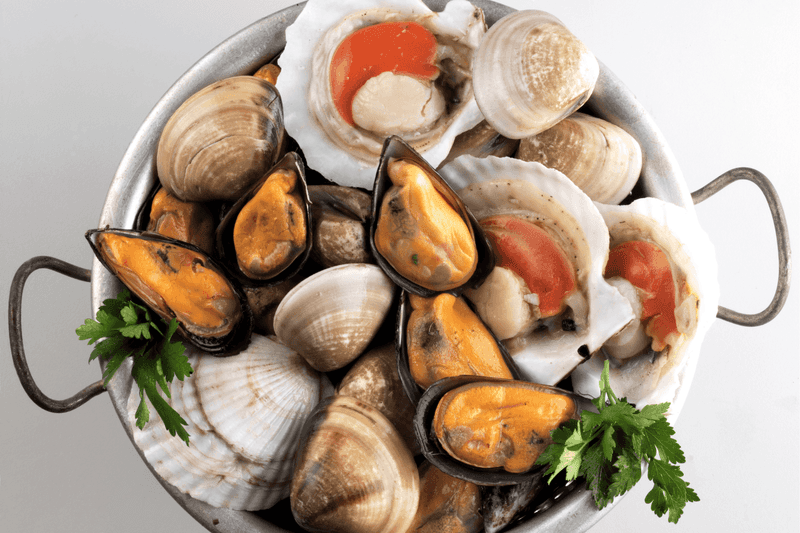
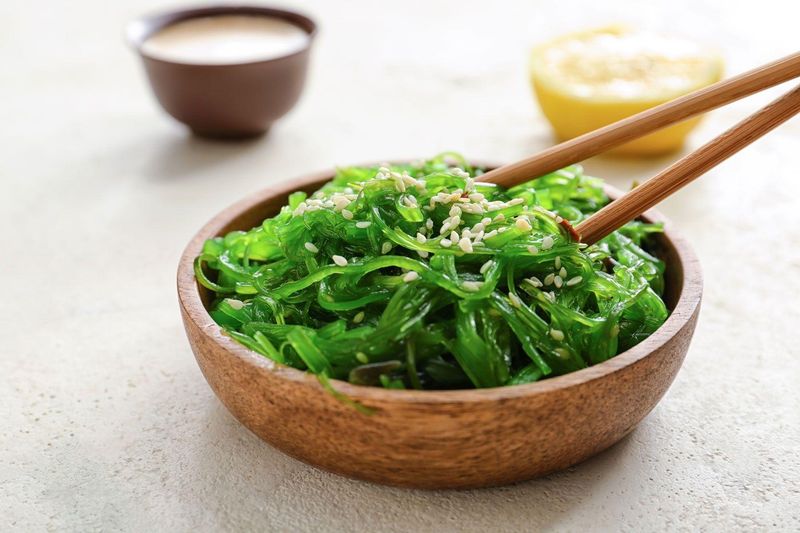

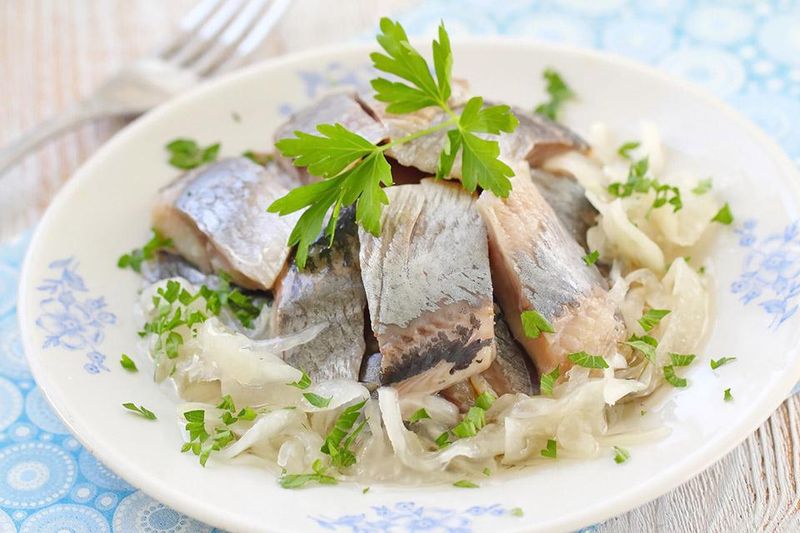
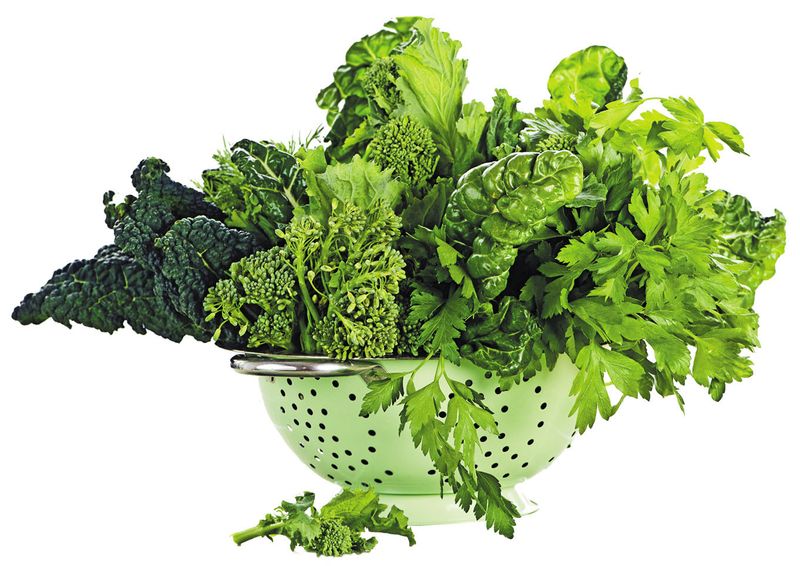

Leave a comment